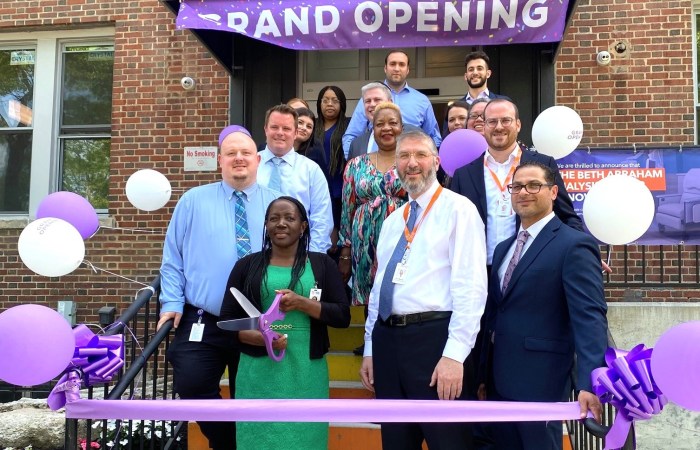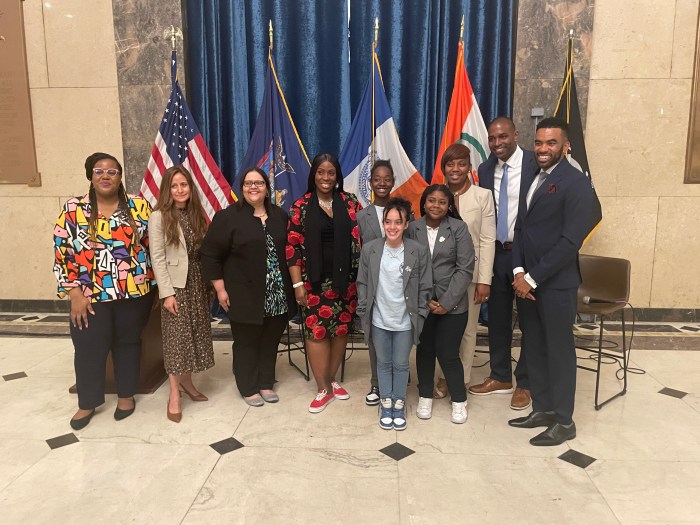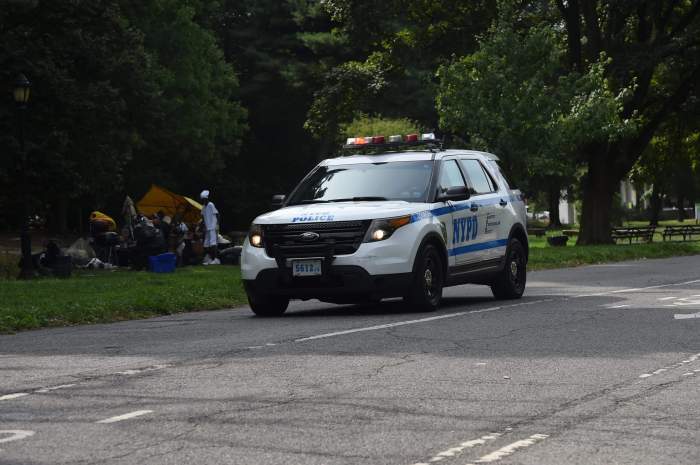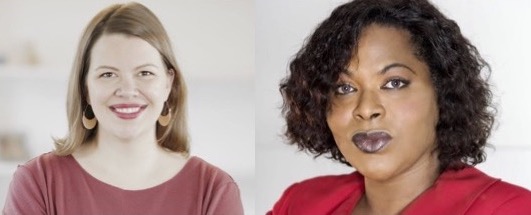Kashon DuBose prepares for a terrarium building class at the Allerton Library on a warm summer day, unaware of the reception he is about to receive.
Children, parents and a librarian begin to stroll in, ready to engage with the class — exceeding the 15-person limit and expectations of DuBose.
The class is part of Cultivators, DuBose’s nonprofit, which continues to blossom and spread the benefits of horticulture and gardening in the Bronx — with life-changing results.
“I have something here,” he said. “People understand the message, and I found a way to deliver it where it feels organic and it feels true to them.”
The 37-year-old Bronx resident, who is a chief operating officer at a nonprofit school support organization, conceptualized the idea in February 2020 — at the onset of the pandemic.
The COVID-19 pandemic spawned a new interest in gardening, according to a 2021 study by the National Gardening Association. The report found an increase of 18.3 million new gardeners in the U.S., with 49% of participants integrating the practice into their mental health regimen.
Social isolation, loneliness and fear of infection and death during the first year of the pandemic led to a 25% increase in the prevalence of anxiety and depression, according to a scientific brief released by the World Health Organization.
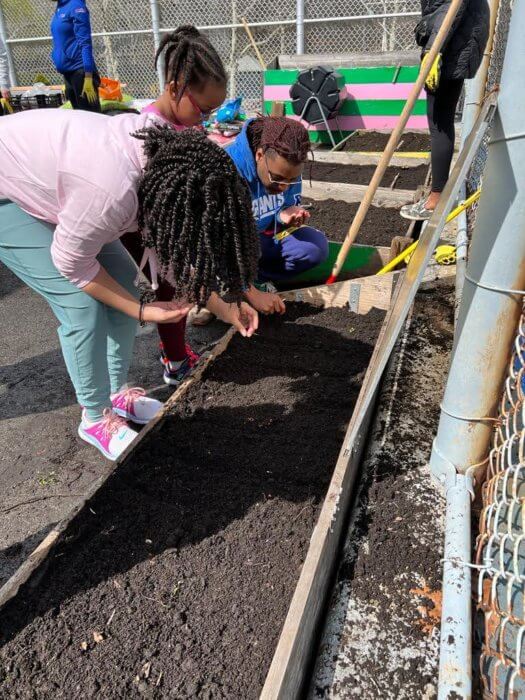
To that end, a National Library of Medicine study found that horticulture could have emotional benefits like reducing stress, stabilizing mood and restoring attention and cognitive ability. A total of 82 people with mental illness participated in the 2020 study, with half of the participants completing horticulture therapy once a week. The treatment increased engagement, mental well-being, and sense of meaningfulness and accomplishment of the participants.
Now DuBose is increasing awareness of horticulture and its benefits in his borough.
From creating green spaces and building garden beds to tending to plants — the organization currently focuses on the garden aspect.
DuBose, a father of two, said he strives to create a comfortable environment for children, allowing them to express their interests in a safe space. He said being a dad has inspired him to embark on this journey to help kids, especially within schools.
“I could make a difference in somebody’s life with the information or resources that I have,” he said.
Earlier this year, DuBose participated in a garden building program at the Bronx Charter School for Better Learning, which planted the seed about the benefits of horticulture.
At the program, he recalled a parent’s concern about her child’s ability to socialize and partake in other extracurricular activities. But after gardening, the child started to engage better with others.
“I don’t see too many organizations that remind our community that nature can really improve your mental health,” DuBose said. “I could just show these kids that sometimes the tools are right in front of you and it’s free of charge.”
However, DuBose faced some hesitations about entering this industry. In the U.S, about 11% of horticulture workers are Black. With little representation, DuBose said he faced imposter syndrome and questioned his place among experienced horticulturists.
“Leading something that I love in the field where people have been doing this for years is a little intimidating and I didn’t wanna come off like a poser, I didn’t wanna come off lacking knowledge — like fraudulent,” he said.
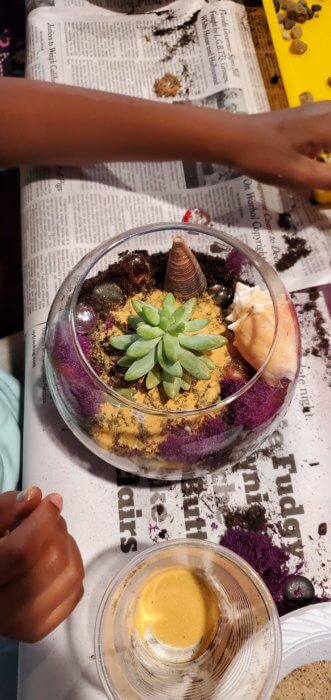
He said he still struggles with imposter syndrome. However, witnessing the reactions from parents and children boosted his confidence and motivated him to continue to spread horticulture in the Bronx. He said he connected with Che’Von Cooper, an agriculture specialist at the New York Botanical Garden, who helped serve as a resource for DuBose.
Expanding his reach, DuBose will partner with Rina Madhani, the executive director and founder of Start Lighthouse, a literacy nonprofit. The pair will conduct a terrarium building class and a book launch of “Hold Them Close: A Love Letter to Black Children” for the students at the PS and MS5 in October. Madhani called the partnership seamless because of the intersectionality of their work.
Madhani, a former educator, said she tried to infuse horticulture into her programs. From gardening to time outdoors, she said it is imperative for children’s development and growth in their sensory, motor, cognitive, social and emotional skills.
“Horticulture and the importance of it really not only allows students to gain ownership in what they’re cultivating, but they’re really able to learn responsibility and perseverance,” she said.
These partnerships only excite DuBose for the future of Cultivators. He said he plans to create more public programs — like the terrarium building classes at public libraries — and eventually develop a summer horticulture program and curriculum for children.
“If I can spread the word that nature can really help you … I’ll be willing to deliver for it,” he said. “I will spread that gospel as long as I can to make people feel more comfortable and kind of remove the stigma behind therapy.”
Reach Nicholas Hernandez at hernandezn714@gmail.com. For more coverage, follow us on Twitter, Facebook and Instagram @bronxtimes

















